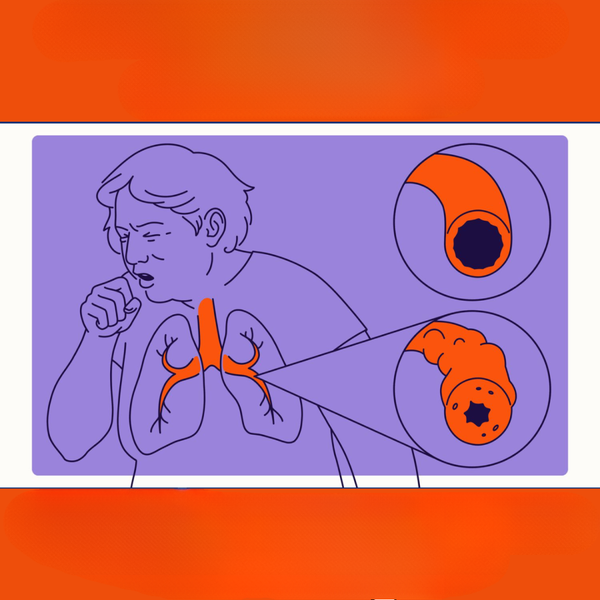Hepatitis C is Silent – Know The Unexpected Signs
Hepatitis C is often called a “silent” condition because its symptoms can go unnoticed for years — until serious liver damage occurs. That’s why recognizing the subtle, unexpected signals is critical. From fatigue to skin changes, your body may be sending clues you shouldn't ignore. This article uncovers the warning signs that could protect your health early on.

What are the early symptoms of hepatitis C to watch for?
Hepatitis C can be asymptomatic in its early stages, but some people may experience subtle signs. Here’s a list of early symptoms to be aware of:
-
Fatigue
-
Mild fever
-
Muscle or joint pain
-
Loss of appetite
-
Nausea
-
Abdominal discomfort
-
Mild cognitive issues, such as difficulty concentrating
These symptoms can be easily mistaken for other conditions, which is why hepatitis C often goes undetected in its initial phase.
What unexpected physical signs indicate chronic hepatitis C?
As hepatitis C progresses, it can manifest in surprising ways. Look out for these unexpected physical signs:
-
Spider angiomas (small, spider-like blood vessels visible on the skin)
-
Palmar erythema (redness on the palms)
-
Easy bruising or bleeding
-
Dry eyes and mouth
-
Itchy skin without a visible rash
-
Swelling in the legs or ankles
-
Unexplained weight loss
-
Dark urine
-
Pale or clay-colored stools
These signs may indicate that hepatitis C is affecting various body systems beyond just the liver.
How does hepatitis C progress without obvious symptoms?
Hepatitis C’s progression is often insidious. The virus can slowly damage the liver over decades without causing noticeable symptoms. This silent progression occurs in several stages:
-
Acute infection: Most people don’t experience symptoms during the first 6 months.
-
Chronic infection: The virus persists, gradually causing liver inflammation and scarring (fibrosis).
-
Cirrhosis: After 20-30 years, severe scarring can lead to cirrhosis, which may still be asymptomatic in its early stages.
-
End-stage liver disease: Only at this point do many people experience severe symptoms, such as jaundice, ascites (fluid buildup in the abdomen), and hepatic encephalopathy (mental confusion due to liver dysfunction).
This slow, silent progression underscores the importance of early detection and treatment.
When should you talk to a doctor about possible hepatitis C?
It’s crucial to consult a doctor if you experience any of the aforementioned symptoms, especially if they persist. However, given the often asymptomatic nature of hepatitis C, it’s equally important to consider risk factors. You should talk to your doctor about getting tested if:
-
You were born between 1945 and 1965 (the CDC recommends one-time testing for this age group)
-
You have ever injected drugs, even if it was only once or long ago
-
You received a blood transfusion or organ transplant before 1992
-
You have HIV
-
You have been on long-term hemodialysis
-
You were born to a mother with hepatitis C
-
You have unexplained liver problems or abnormal liver function tests
Early detection can lead to more effective treatment and better outcomes.
What are the latest advancements in hepatitis C treatment?
Hepatitis C treatment has seen remarkable progress in recent years. Direct-acting antivirals (DAAs) have revolutionized the approach to treating this condition. These medications are highly effective, with cure rates often exceeding 95%. Treatment durations have shortened significantly, typically lasting 8-12 weeks, compared to the previous regimens that could take up to a year.
Moreover, these new treatments have fewer side effects than older therapies, making the treatment process more tolerable for patients. The goal of treatment is to achieve a sustained virologic response (SVR), which essentially means the virus is undetectable in the blood 12 weeks after completing treatment.
How can you prevent hepatitis C infection?
While there is no vaccine for hepatitis C, several preventive measures can significantly reduce the risk of infection:
-
Avoid sharing needles or other drug paraphernalia
-
Practice safe sex, especially if you have multiple partners
-
Ensure any tattoos or piercings are done with sterile equipment
-
Don’t share personal items that may have blood on them (razors, toothbrushes)
-
If you’re a healthcare worker, follow safety protocols when handling needles and bodily fluids
Remember, early detection and treatment are key to managing hepatitis C effectively. If you have concerns or fall into a high-risk category, don’t hesitate to speak with your healthcare provider about getting tested.
This article is for informational purposes only and should not be considered medical advice. Please consult a qualified healthcare professional for personalized guidance and treatment.




